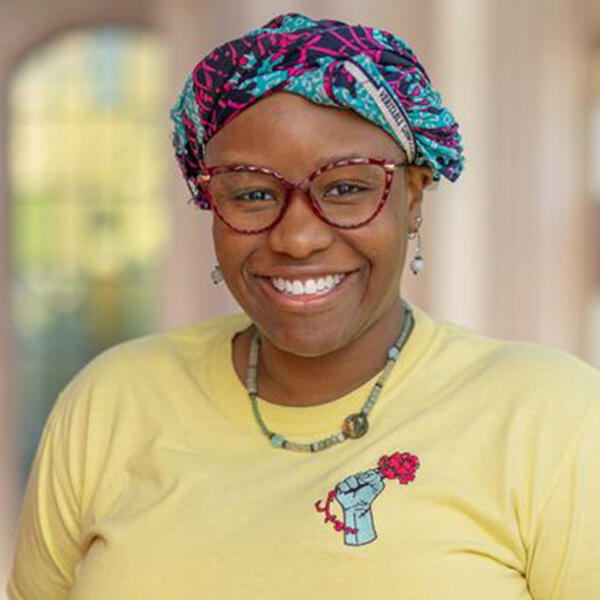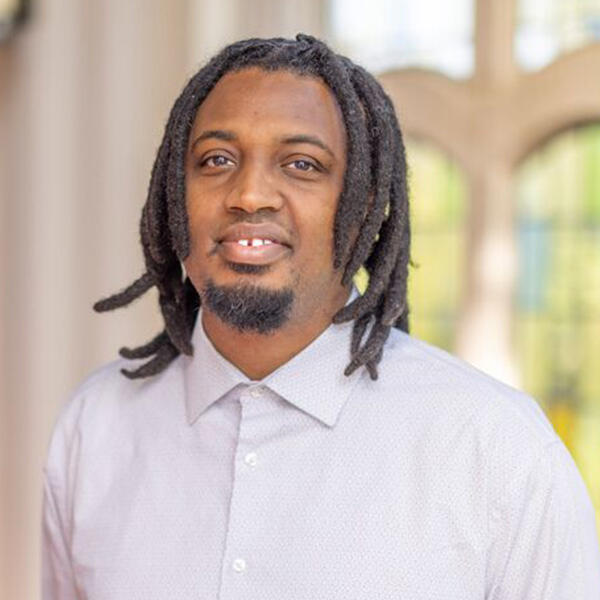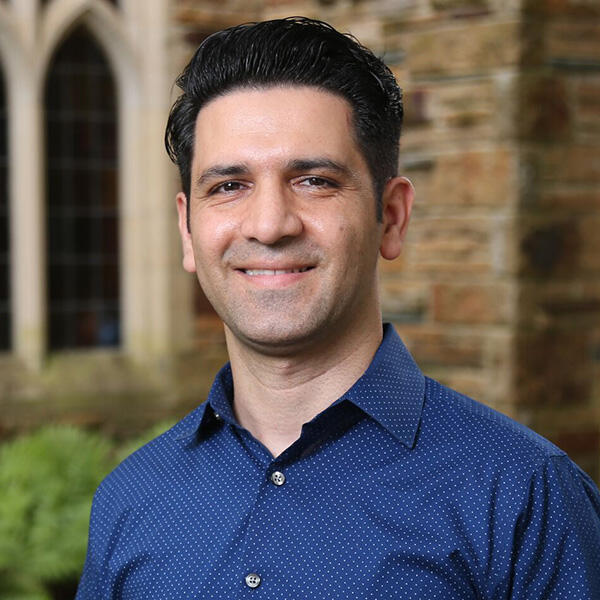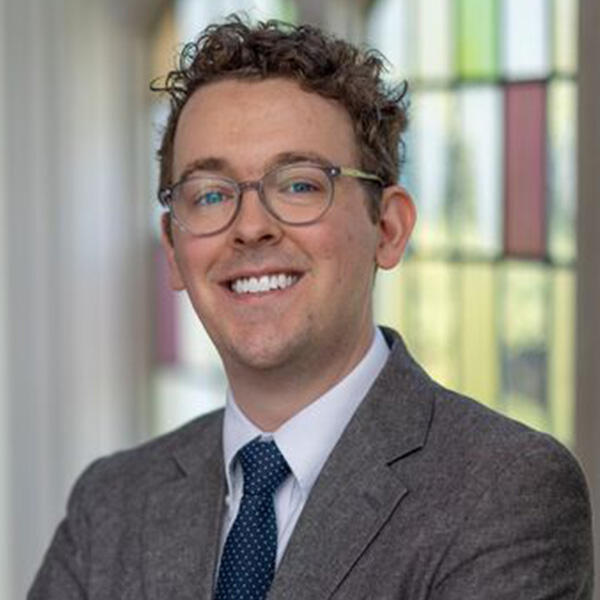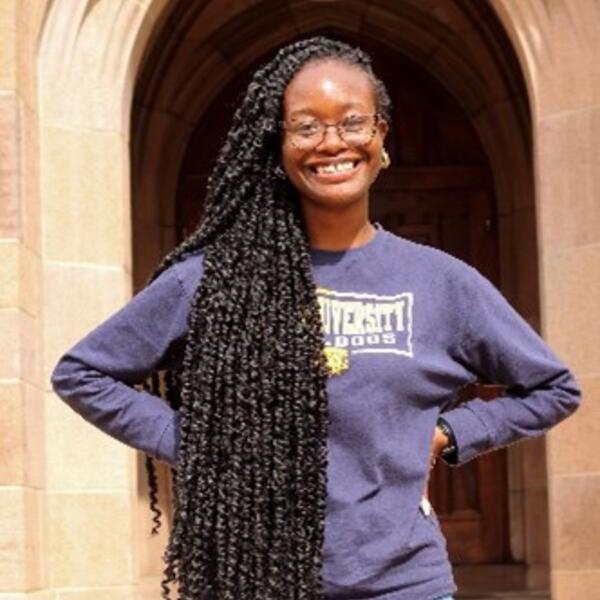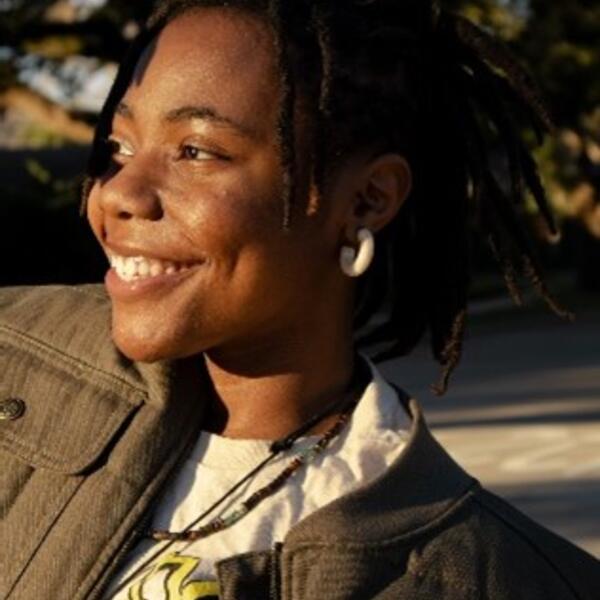Curricular Development
New Courses
History of Memphis (HIST 248, Spring 2024).
Course Description: The city of Memphis has significantly shaped the broader experiences of people in the United States. This course provides an introduction to the major issues and themes that have formed the history of the city and its people. Using a variety of sources, the course explores the significant political, social, economic, and cultural changes that have taken place in the region from the 18th century to the present day.
Oral Histories and Digital Storytelling (HIST 205, Fall 2024)
Course Description: This course will introduce students to Oral History through the lens of the Black Storytelling Tradition. Students will gain a foundation in the methodologies of oral history and will use sources like music, plays, novels, visual art and other mediums to learn how stories of everyday experiences are historical artifacts. This course will be organized around major historical periods in African American history including enslavement and emancipation, reconstruction and Jim Crow, The Harlem Renaissance, The great migration, The Civil Rights and Black Power Movements, Reaganomics and the Golden Era of HipHop, 9-11 and the War on Terror, and Obama and the "Post-Racial" era. Students will explore existing oral history collections and use newly emerging digital tools to access artifacts and compile oral history narratives. As part of the course, students will complete their own oral history project.
Racial Violence & Justice (HIST 105, Fall 2024)
Course Description: This course explores the history of racial violence in the United States. We will survey racial violence by also analyzing modes of expression in literature, art, and music. We will consider what this era of racial violence tells us about our time, and how we fit into this longer story.
PRESS
The Journal of Blacks in Higher Education - Rhodes College in Memphis to Launch the Institute for Race and Social Transformation | The Journal of Blacks in Higher Education (jbhe.com)
Rhodes College Awarded $800,000 for Research on Racial Equity | Diverse: Issues In Higher Education (diverseeducation.com)
Rhodes College Receives $800K from Mellon Foundation to Establish Institute for Race and Social Transformation | Rhodes News
Rhodes awarded $800K for new race and social transformation institute - Memphis Local, Sports, Business & Food News | Daily Memphian
Rhodes College receives $800k for new Institute for Race and Social Transformation | Commercial Appeal
Program at Rhodes College aims to share Memphis' diverse history | localmemphis.com
Rhodes receives $800k for new race and social transformation hub | localmemphis.com
Rhodes College receives $800K grant to fund Institute for Race and Social Transformation | Education | fox13memphis.com
Rhodes College to Establish Institute for Race and Social Transformation | Insight Into Diversity
